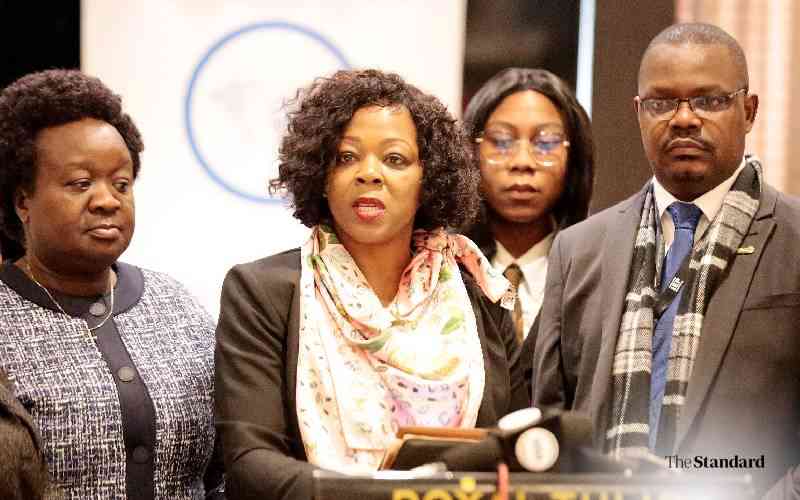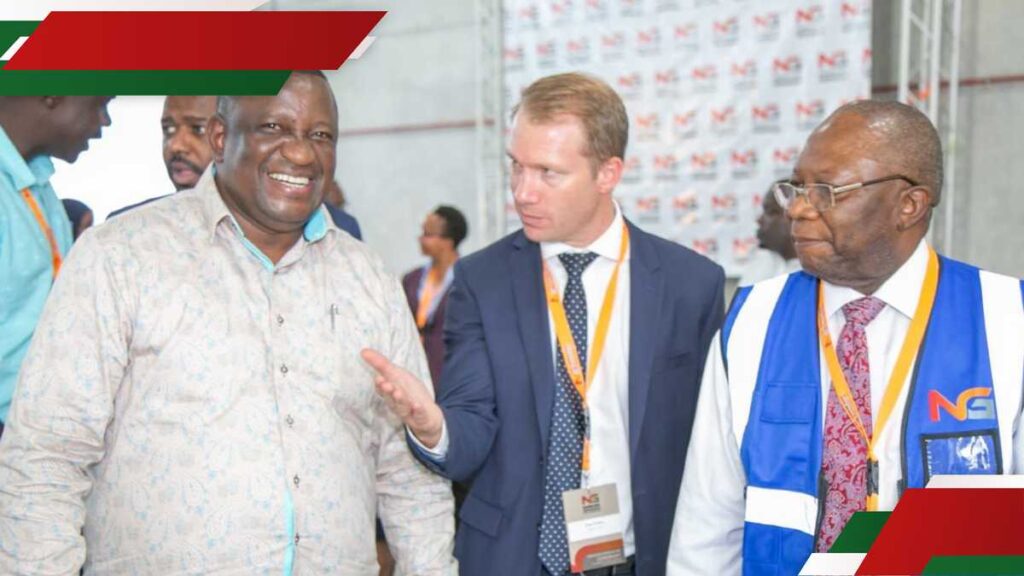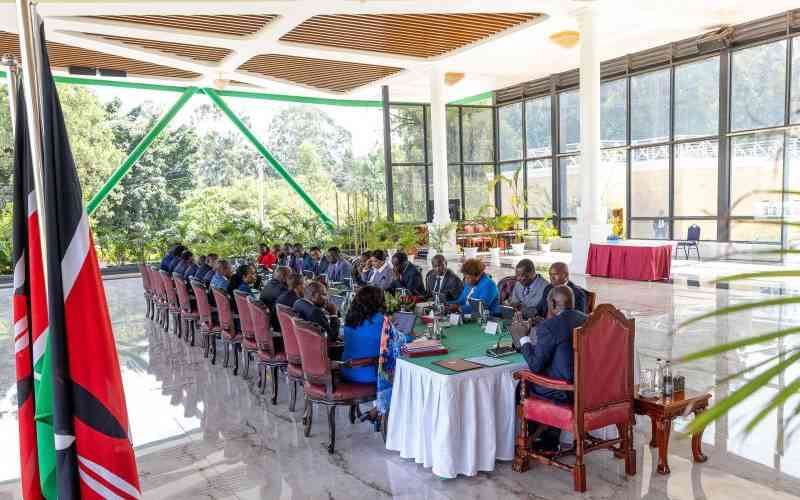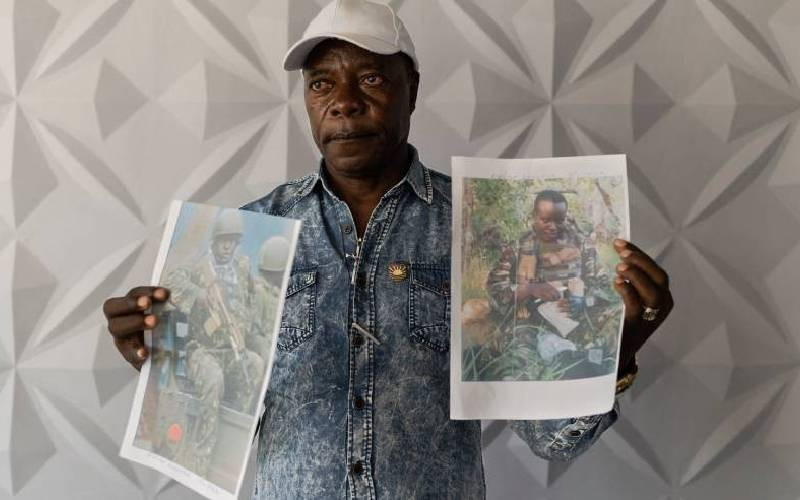As the business space in Kenya grapples with tensions from various political unrest, the Women in Alternative Dispute Resolution (WADR) has issued an urgent call for the nation to embrace peaceful conflict resolution mechanisms to safeguard the country’s social and economic fabric.
Speaking at a press conference in Nairobi, WADR representatives, joined by international peace experts, warned that continued conflict threatens to erode hard-won gains in governance, entrepreneurship, innovation, and the rule of law.
“When society chooses hostility and violence over constructive dialogue, we all lose,” said Eunice Lumallas, Chairperson of WADR and a dispute resolution practitioner.
“But when we sit down to reason and work at resolving the differences that arise, we all rise and stand to gain more than we lose.”
The call comes amid concerning findings from the Global Peace Index 2025, presented by Dr Dan Noel Odaba, Director of Eastern and Southern Africa for the Institute for Economics and Peace.
Kenya has dropped one position to rank 127th out of 163 countries, representing 99.7 per cent of the world’s population. The decline has been attributed to various factors including demonstrations and civil unrest.
“Our country needs to invest in fostering peace through eight interconnected pillars of peace-building,” Dr Odaba explained. “This involves strengthening attitudes, institutions, and structures that create and sustain peaceful societies.”
The women’s group is advocating for a fundamental mindset shift toward amicable dispute resolution, emphasising dialogue, mediation, conciliation, and reconciliation as alternatives to adversarial or violent conflict resolution methods.
They argue that such approaches would significantly improve access to justice while preserving relationships and protecting commercial interests.
“ADR is not just about lawyers,” Lumallas said. “We have members from all walks of life, including ex-military officers, because peace-building requires everyone’s participation.”
The organisation highlighted the economic implications of continued conflict, noting that businesses require predictable, peaceful, and rule-based environments to operate effectively.
Entrepreneurs, investors, and professionals are calling for platforms that encourage pre-litigation dialogue, contractual dispute management clauses, and strengthened community mediation frameworks.
“This is not merely a legal or policy appeal,” said Phyllis Wangwe dispute resolution expert. “It is a moral imperative and national duty. Kenya must position itself as a beacon of peace and justice in East Africa.”
The group has outlined specific actions for the public, including actively engaging in amicable dispute resolution, seeking professional mediators and arbitrators, and avoiding incitement and inflammatory rhetoric.
They stress that such measures would help maintain Kenya’s attractiveness as an international hub for dispute resolution.
Stay informed. Subscribe to our newsletter

























